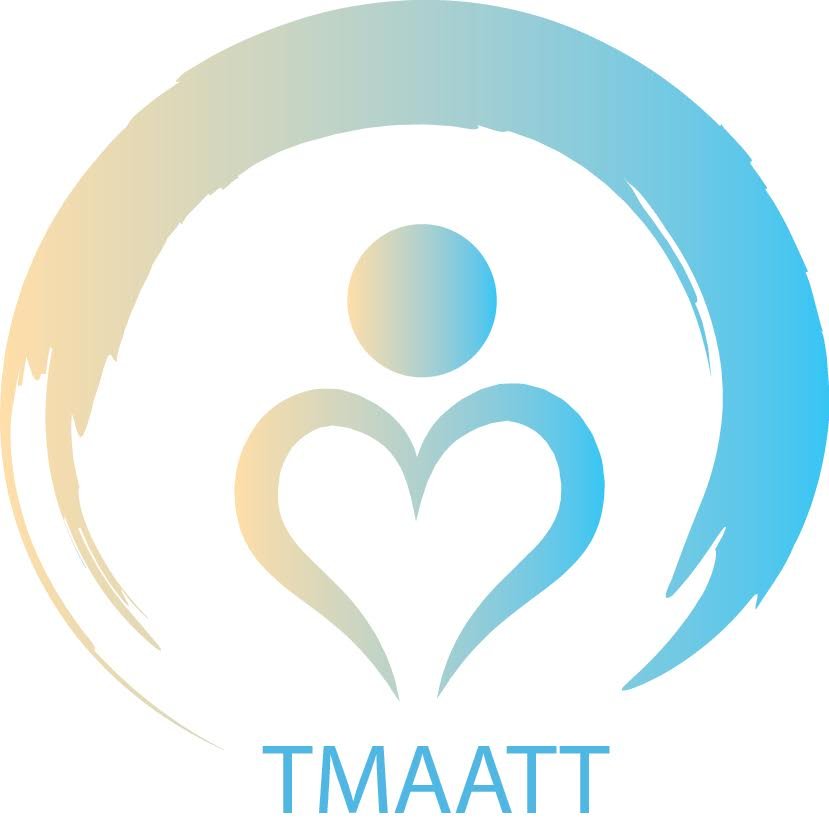Problematic Sexual Behaviors
How Mindfulness Based Therapy Can Support Addiction and Trauma Recovery
Problematic sexual behaviors, often referred to as sex addiction, are mental health conditions experienced by tens of thousands of people all over the world. Individuals who struggle with problematic or compulsive sexuality experience negative consequences that interfere with their professional lives, academic lives, relationships, and sometimes cross into illegal behaviors with devastating consequences. As a result, these individuals often experience feelings of anxiety, depression, hopelessness, self-loathing, confusion, and fear. Their partners or loved ones are usually devastated, often resulting in traumatic symptoms that impact their mental and physical health.
Sex addiction/problematic sexual behaviors are, at the core, an intimacy disorder. Additionally, unhealed and non-integrated trauma is at the root of addictions. Thus, it is vitally important this is addressed sensitively and mindfully during recovery as the client learns to be vulnerable with self and with those around them as part of their healing process.
Cognitive Behavioral Therapy, (CBT) was the treatment of choice for many years. Although this treatment can be effective at the start of recovery, it has its limitations. Clients whose treatment plans focus only on CBT methods often struggle to gain long term sobriety, or they find themselves relapsing back into the compulsive behaviors. Therapists who support addictive clients struggle to find ways of helping these hurting people heal for the long term. Fortunately, research now shows that combining the CBT task model with Mindfulness Addiction Therapy is a highly effective form of treatment for problematic sexual behaviors/sex addiction, other addictions, as well as betrayal trauma.
Mindfulness Based Addiction and Trauma Therapists, (MBATTs) learn specific treatment interventions in working with addicted and traumatized individuals. Part of the work is to help clients understand that the mind is a sense organ. Along with the five human senses of sight, hearing, smell, touch and taste, the mind is a powerful sense organ as well. The mind takes in data from the environment, organizes it, reflects on the past, and creates a hypothesis about the future which is never absolutely correct. How do we know this? Take a moment to consider that we can see only 10% of the light spectrum. When we apply this example to the mind, we find that there is not a 100% accurate mental representation of one’s environment. As a result, the mind uses past data to “fill in the gaps” in our understanding. This process of reflecting on the past causes the mind to “react” to the current moment. Then, driven by reactivity, as if we are still in the past, destructive behaviors follow. As a result, the “narrative” that the mind has created was influenced by what is called a “Mind State.”
The Mindfulness Based Addiction and Trauma Therapist (MBATT) training and methodology defines a mind state as, “A habituated belief system of the mind which may or may not be in awareness.” Some examples of addictive, unskillful mind states include delusional, denial, aversive, and clinging. Recovery focused mind states include, compassion focused, empathic, and generous mind states. These unskillful “mind states” facilitate “mind stories” that lead the individual back down the path of compulsive behaviors, looping into ongoing patterns of addictions. As a result, feelings drive thoughts, thoughts collapse into beliefs, and beliefs manifest into behaviors. Behaviors are practiced into habits, and habits become our destiny.
Mindful treatment of addiction has been researched for decades. Richie Davison, University of Wisconsin, John Kabat-Zinn, University of Mass, and Daniel Siegal, UCLA, have led the way, as have other dedicated mental health professionals around the world. Mindfulness research provides an overwhelming amount of scientific data supporting the effectiveness of mindfulness interventions, both in the treatment of addition as well as the treatment of trauma.
As a licensed therapist, and a certified addiction and trauma therapist, this research, along with 25 years of dedication and study in the mindfulness and mental health field, is what led to the development of the Mindfulness Academy for Addiction and Trauma Training (TMAATT). TMAATT is a respected training organization that offers mental health providers the opportunity to become certified as Mindfulness Based Addiction and Trauma Therapists (MBATT). The CEU qualified online training program teaches therapists and healing professionals mindfulness modalities, and specific tools and materials that they can begin using immediately after the Level 1 training. Through each of the three levels of training, MBATT scholars learn how to apply mindfulness strategies, tools and materials into their therapy practice while maintaining their scope of practice qualifications.
Among other interventions, a MBATT therapist works to help the client become aware of their feelings in the present moment without judgement. The MBATT also works to help the client learn to develop tolerance for these feelings. This is done by utilizing various mindfulness-based materials that are focused on the “Eight Domains of Recovery” ™. This, in turn, helps the person become aware of their urges associated with their addiction/problematic sexual behaviors, without becoming overwhelmed by them. Through increased awareness and working with an MBATT through each of the eight domains, individuals then begin to focus on recovery mind states which heals their mind stories. The changes in the mind states and mind stories impact behaviors allowing the person in recovery to achieve long term sobriety, heal and integrate trauma, and to live a healthier and happier life. While this is not an easy process, and there are many triggers which can include loneliness, stress, boredom, fear or even certain memories or images, with a consistent mindfulness practice supported by a MBATT therapist, these triggers can be identified and reduced. The client continues to learn to recognize their mind states and mind stories, the resulting reactivity, and with the help of their MBATT therapist, practices steps and learns specific tools to manage these responses in healthier ways.
The MBATT therapist also helps individuals become aware of the somatic sensations associated with their feelings and triggers. Once these are identified, individuals can work to be present with these sensations in a non-reactive manner. This can be done through specific exercises including guided deep breathing, guided imagery and visualization, body scanning, physical exercise, methods for bringing balance to work, healing sleep routines, as well as inviting balance into the other domaines of recovery.
This is practiced repeatedly with the assistance of the MBATT therapist during session work in combination with the MBATT worksheets and materials. As this process becomes habituated, overtime the client no longer reports being overwhelmed with the craving to act out. Instead, they have learned to “relate to their mind” in a way that facilitates greater connection with self, and thus greater connection with those around them. The increase of healthy intimacy with self and others results in greater connection. Certified MBATT’s learn powerful interventions and have access to materials and support when helping traumatized clients, and those struggling with addictive/problematic sexual behaviors, and clients who have been impacted by betrayal trauma.
If you are interested in learning more about the MBATT program offered through The Mindfulness Academy for Addition and Trauma Training, you can learn more here. You are welcome to read testimonials from other MBATTs located here. If you have questions, please don’t hesitate to reach out, I can be reached at darrin@tmaatt.com.
With Compassion and Respect,
Darrin Ford, LMFT, CSAT-S, CPTT-S, MBATT-CS
Founder of The Mindfulness Centers, and The Mindfulness Academy for Addiction and Trauma Training


